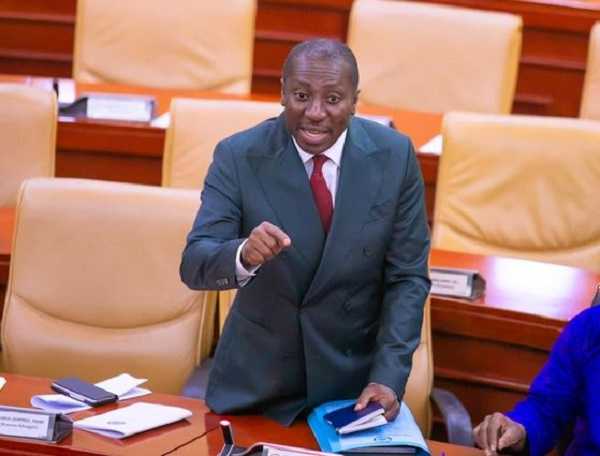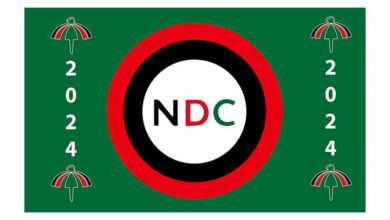We’ll boycott Parliament until Supreme Court rules on vacant seats – Afenyo-Markin
Majority Leader Afenyo-Markin leads a boycott in response to controversial declarations affecting party strength

- Afenyo-Markin leads NPP MPs in a walkout
- Four seats declared vacant by Speaker Bagbin
- Tensions rise as NDC gains majority
Majority Leader Alexander Afenyo-Markin has declared an indefinite boycott of parliamentary sessions following Speaker Alban Bagbin’s controversial ruling that four seats are now vacant.
This decision affects MPs Cynthia Morrison (Agona West), Kwadjo Asante (Suhum), and Peter Kwakye Ackah (Amenfi Central), who have opted to run as independent candidates in the upcoming 2024 elections, while Andrew Asiamah (Fomena) will contest under the NPP banner.
Speaker Bagbin’s ruling, based on constitutional grounds, asserts that these MPs have effectively vacated their positions by changing their candidacy status.
This shift has tilted the parliamentary balance, granting the National Democratic Congress (NDC) 136 seats compared to the New Patriotic Party’s (NPP) 135, making the NDC the majority.
A visibly frustrated Afenyo-Markin led the NPP MPs in a walkout, expressing discontent with Bagbin’s actions. He has also filed an urgent legal action with the Supreme Court, aiming to block the Minority’s petition to the Speaker regarding these MPs’ status. Afenyo-Markin seeks clarification on the constitutional issues arising from the MPs’ decisions.
After the walkout, he accused Bagbin of colluding with the NDC and failing to follow proper legal procedures. Despite the boycott, he reiterated the NPP’s respect for the law while denouncing what he sees as politically biased decisions.
“We, as the Majority caucus, will not attend Parliament until the Supreme Court addresses this issue. The Speaker overstepped his authority, favoring the NDC. We will pursue this legally, and we respect whatever ruling the court makes.”
As the 2024 elections loom, this situation intensifies political tensions, presenting the ruling party with an unforeseen challenge in its parliamentary dynamics.





